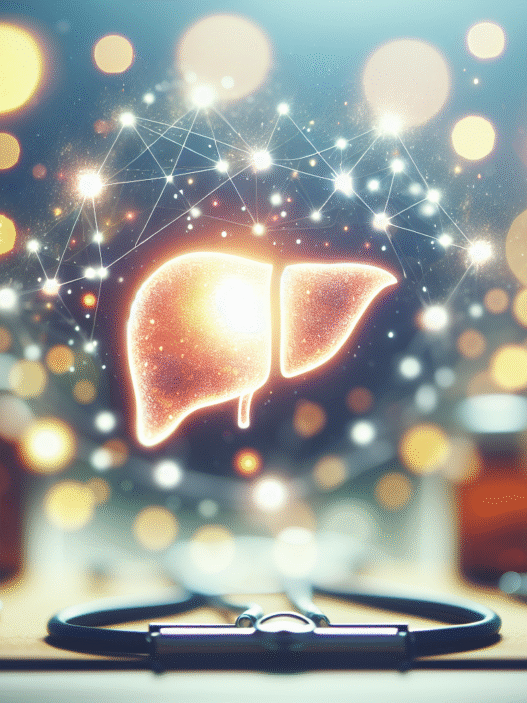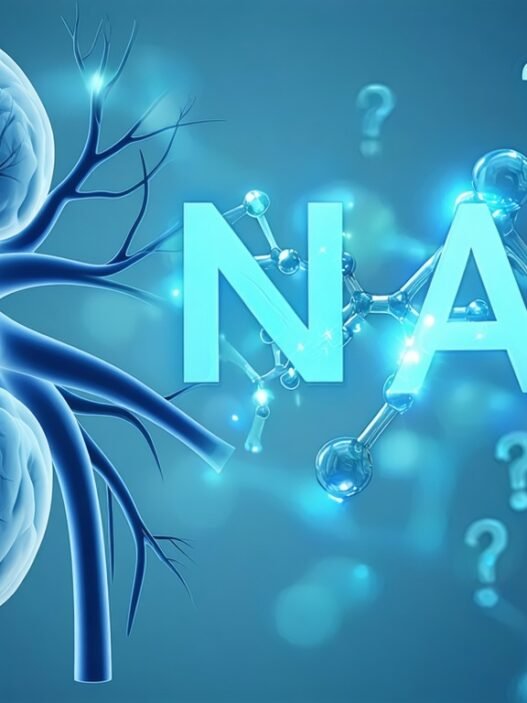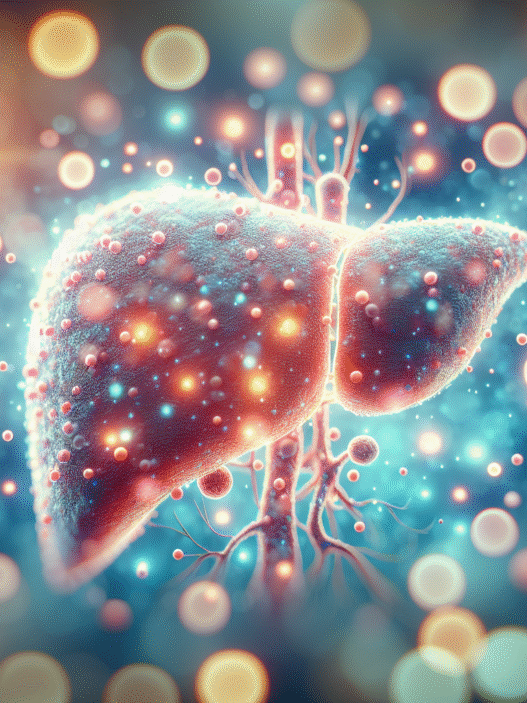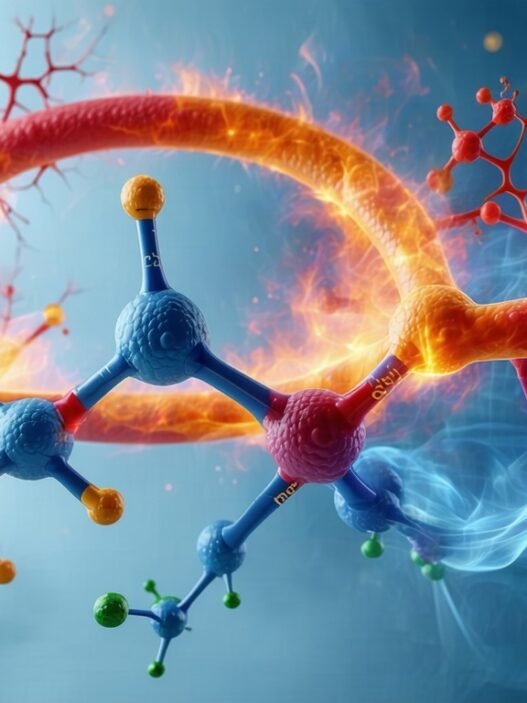The Role of Milk Thistle
Introduction to Milk Thistle
Milk thistle, scientifically known as Silybum marianum, has been utilized for over 2,000 years. This herb is recognized for its potential health benefits, particularly concerning liver health. It is often considered a natural remedy for various liver problems, as highlighted by the National Center for Complementary and Integrative Health. The exploration of its uses in traditional medicine has led to considerable interest in its active compounds and their efficacy.
Understanding Silymarin
The active ingredient in milk thistle is silymarin, which is derived from the seeds of the plant. Silymarin is known for its antioxidant properties and has been studied for its anti-inflammatory effects. It is one of the most commonly used herbal supplements in the United States for liver conditions.
Silymarin exhibits mechanisms that contribute to its hepatoprotective properties. These include:
- Antioxidant Action: Silymarin helps protect liver cells from oxidative stress caused by free radicals.
- Anti-inflammatory Effects: It may reduce inflammation by regulating cytokines that induce inflammatory responses.
- Antifibrotic Properties: Silymarin has been shown to inhibit processes that lead to liver fibrosis, which is a common consequence of chronic liver damage.
Studies suggest that silymarin may support liver repair and alleviate symptoms associated with liver diseases like jaundice, cirrhosis, liver cancer, and fatty liver disease. However, more research is needed to fully establish the efficacy of milk thistle in clinical settings. For individuals exploring options to support liver health, understanding the role of silymarin would be a critical step in evaluating the question, does milk thistle help the liver?
Benefits of Milk Thistle for Liver Health
Milk thistle is well-known for its potential advantages concerning liver health. The active component, silymarin, plays a vital role in this capacity, offering a range of protective mechanisms and promoting liver repair and regeneration.
Liver Protection Mechanisms
Substances in milk thistle, particularly silymarin, are recognized for their ability to protect the liver from various toxins. This includes harmful substances like certain medications, such as acetaminophen (Tylenol), which can damage the liver in high doses (Mount Sinai). Silymarin possesses antioxidant and anti-inflammatory properties, which contribute to its protectiveness.
Research has shown that silymarin can help to safeguard liver cells from oxidative stress, a process that often leads to cell damage. By neutralizing free radicals, which are unstable molecules that can harm cells, silymarin helps maintain liver health.
Additionally, studies suggest that milk thistle may enhance cell regeneration in the liver. By promoting the growth of new liver cells, silymarin aids in the recovery process following liver damage. It appears that the combination of antioxidant effects and cell regeneration capabilities positions milk thistle as a beneficial supplement for those concerned about liver well-being.
Repair and Regeneration
Beyond mere protection, milk thistle is thought to assist the liver in repairing itself. The ability of silymarin to stimulate the regeneration of liver cells is a key component of its therapeutic potential. Several studies support this claim, noting that milk thistle may contribute to improved outcomes for individuals with liver diseases, including cirrhosis due to alcoholic liver disease.
While some studies indicate that milk thistle may extend life expectancy for individuals with specific liver conditions, results have been mixed, so further investigation is necessary to understand the optimal usage of this supplement for liver repair.
The healing process may vary from person to person, which highlights the need for tailored approaches when considering milk thistle as a therapeutic option. Ultimately, ongoing research will be essential to define the precise role that milk thistle plays in liver health and the appropriate conditions for its use.
For those exploring additional benefits of supplements similar to milk thistle, it may be beneficial to look into N-Acetyl Cysteine (NAC) as well, which has also been recognized for its protective properties related to liver health and detoxification.
Efficacy of Milk Thistle in Liver Conditions
Milk thistle is often discussed regarding its potential benefits for liver health, particularly through its active compound, silymarin. This section will explore the supportive evidence for its use, as well as the mixed research findings surrounding its efficacy.
Supportive Evidence
Milk thistle has been shown to protect the liver from toxins, with substances like silymarin playing a crucial role. Research indicates that silymarin has antioxidant and anti-inflammatory properties, allowing it to shield the liver from harmful substances such as acetaminophen (Tylenol), which can cause liver damage in large doses (Mount Sinai).
Several studies highlight the effectiveness of milk thistle for patients with nonalcoholic fatty liver disease (NAFLD). One study reported that silymarin treatment correlated with significantly reduced insulin resistance and decreased fasting insulin levels after 12 months. Additionally, it was found to be more effective in improving liver enzyme levels compared to conventional treatments like metformin and pioglitazone.
A 2021 study also demonstrated improvements in liver function specifically for individuals with NAFLD who incorporated milk thistle supplements into their regimen. Results indicated a reduction in liver inflammation and damage (Healthline).
| Condition | Findings with Silymarin |
|---|---|
| Nonalcoholic Fatty Liver Disease | Reduced insulin resistance and liver enzymes |
| Liver Function Improvement | Positive effects in NAFLD patients (2021 study) |
Mixed Research Findings
Despite supportive evidence, medical research on milk thistle and liver health presents mixed results. While silymarin may provide benefits for certain liver conditions like jaundice, cirrhosis, and fatty liver disease, studies have not shown significant efficacy against hepatitis C. For individuals suffering from hepatitis C, higher doses of silymarin did not result in measurable improvements in virus levels or quality of life compared to those on a placebo.
Some literature suggests that milk thistle may aid conditions such as cirrhosis and chronic hepatitis, potentially caused by factors like alcohol abuse and autoimmune diseases. It has also exhibited promises for assisting individuals with liver damage due to exposure to industrial toxins. However, scientific consensus remains uncertain regarding its definitive effectiveness for liver-related issues.
| Condition | Findings with Silymarin |
|---|---|
| Hepatitis C | No significant improvement compared to placebo |
| Cirrhosis/Chronic Hepatitis | Potential benefits noted, but further research is needed |
As research continues, it is vital for individuals concerned about liver health to consult healthcare professionals regarding the use of milk thistle and its role in a broader health strategy.
Potential Uses Beyond Liver Health
Milk thistle, primarily recognized for its liver health benefits, has also garnered attention for its potential applications in other health areas, particularly concerning cancer and brain health.
Anti-Cancer Effects
Early laboratory studies suggest that active substances in milk thistle, especially silymarin, may possess anti-cancer properties. Research indicates that silymarin might interfere with cancer cell division, reproduction, and even the blood supply to tumors. Some studies also propose that milk thistle may enhance the effectiveness of chemotherapy, potentially providing a synergistic effect.
Additionally, silymarin has been shown to stimulate anti-tumor activities while protecting healthy cells from damage caused by chemotherapy. However, while promising results have emerged from animal studies, human studies exploring these effects remain limited. Further research is essential to establish the efficacy and absorption profile of silymarin in individuals receiving cancer treatment (Healthline).
| Study Type | Findings |
|---|---|
| Laboratory Studies | Silymarin may inhibit cancer cell division and reproduction |
| Animal Studies | Potential to enhance chemotherapy effectiveness and protect healthy cells |
| Human Studies | Limited data available, further research needed |
Impact on Brain Health
Milk thistle may also contribute to brain health, potentially mitigating age-related cognitive decline. Traditionally used as a remedy for neurological conditions such as Alzheimer’s and Parkinson’s diseases, milk thistle’s anti-inflammatory and antioxidant properties suggest it might provide neuroprotective benefits (Healthline).
Animal studies have shown that milk thistle may prevent oxidative damage to brain cells and reduce amyloid plaques associated with Alzheimer’s disease. Despite these promising findings in non-human models, there are currently no human studies examining milk thistle’s effects on neurological conditions directly. More research is necessary to explore its potential in improving brain health as people age.
| Aspect | Findings |
|---|---|
| Traditional Use | Remedy for Alzheimer’s and Parkinson’s diseases |
| Animal Study Results | Reduction in oxidative damage and amyloid plaques |
| Human Study Status | No current studies, further examination required |
As research continues, milk thistle’s role beyond liver health may further illuminate its versatility and potential therapeutic applications.
Safety and Considerations
Side Effects and Allergies
Milk thistle is generally considered safe when taken in recommended doses. However, potential side effects can occur. Some individuals may experience nausea, gas, diarrhea, loss of appetite, headache, or itchiness. Additionally, milk thistle may lead to gastrointestinal disturbances such as diarrhea, bloating, and upset stomach.
Allergic reactions are also a concern, particularly for those with sensitivities to other plants in the Asteraceae family, such as ragweed, daisies, marigolds, and chrysanthemums. It is advisable for individuals with these allergies to exercise caution when considering the use of milk thistle.
| Possible Side Effects | Description |
|---|---|
| Nausea | Stomach discomfort or urge to vomit |
| Gas | Bloating or belching |
| Diarrhea | Loose or watery stool |
| Loss of Appetite | Reduced desire to eat |
| Headache | Pain or discomfort in the head |
| Itchiness | Skin irritation or rashes |
Interactions and Precautions
Milk thistle can interact with certain medications, which may compromise its effectiveness or lead to adverse effects. It is important for individuals taking regular medications to consult with a healthcare professional before starting milk thistle supplementation. Pregnant and breastfeeding women should seek medical advice as well, as safety during these times has not been established.
Individuals with specific medical conditions, such as diabetes or endometriosis, are advised to speak to a doctor to assess any possible risks or interactions associated with milk thistle use.
In summary, while milk thistle offers benefits for liver health, caution is recommended for those who may have allergies, take certain medications, or have pre-existing health conditions.
Future Research and Conclusions
Areas Needing Further Study
Despite the established benefits of milk thistle, further research is essential to fully understand its efficacy and applications. Specifically, studies focused on its long-term effects on patients with chronic liver diseases such as cirrhosis are needed to determine the best outcomes for maintaining liver health (Healthline). Additional investigation is warranted into its potential neuroprotective effects in age-related conditions, including Alzheimer’s and Parkinson’s diseases, as preliminary evidence suggests it may help to prevent cognitive decline.
Furthermore, research examining the specific mechanisms through which silymarin (the active ingredient in milk thistle) exerts its antioxidant effects could aid in developing more targeted therapies. Investigations into its role in cancer treatment, particularly concerning its ability to enhance the efficacy of chemotherapy while protecting healthy cells, require deeper exploration.
Summary of Milk Thistle Benefits
Milk thistle is celebrated primarily for its protective effects on liver health, particularly in individuals affected by chronic liver conditions. Studies suggest that it may slightly extend life expectancy in patients with cirrhosis due to alcoholic liver disease (Healthline). Beyond liver health, milk thistle holds promise for a range of benefits:
-
Neuroprotective Effects: Potentially preventing age-related cognitive decline and being utilized as a remedy for neurodegenerative diseases.
-
Bone Health: Evidence suggests it may assist in stimulating bone mineralization and preventing bone loss, particularly benefiting postmenopausal women (Healthline).
-
Cancer Treatment Support: Silymarin may stimulate anti-tumor activities and protect cells from chemotherapy-induced damage, making it a potential adjunct in cancer therapy.
These diverse benefits make milk thistle a compelling subject for ongoing research, particularly concerning its role in enhancing liver health and contributing to overall well-being. For more insights on liver health supplements, explore our article on is NAC good for your liver?.





















